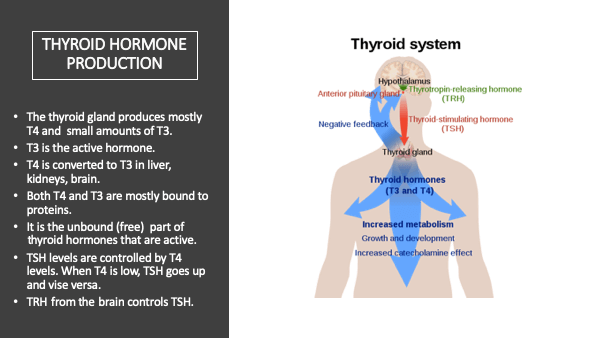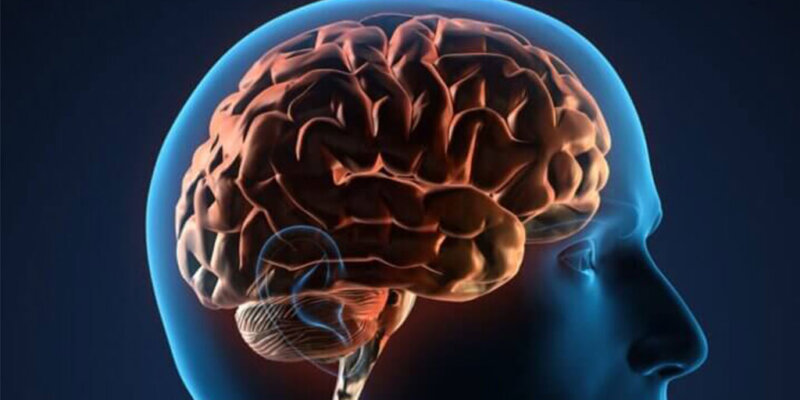(This was first posted on my previous website in May 2016. Updated September 2019)
Many of you have hypothyroidism and you are taking medicines like Thyronorm or Eltroxin or Synthroid or a combination of T4T3. It is likely that your hypothyroidism was diagnosed when you met your doctor because you felt fatigued or you gained weight and read on the internet that it could be your thyroid gland playing up. Or you went in for an annual “Health Checkup at Rs. 1500 only” and got your tests done and found out that you have hypothyroidism.
Symptoms Of Hypothyroidism
- Fatigue
- Weight gain
- Depression
- Anemia
- Cold feet & palms
- High cholesterol
- Lack of motivation
- Slow movements
- Hoarse voice
- Loss of libido
- Ringing of the ears
- Hair loss
- Palpitations
- Breathlessness
- Intolerance to heat or cold
- Carpal Tunnel syndrome
- Loss of outer third of eyebrow
- Memory loss
- Poor concentration
- Loss of drive
- Mood swings
- Irregular menstruation
- Infertility
- Constipation
- Goiter (enlarged thyroid)
But Do You Know Whether You Have Hashimoto’s Thyroiditis?
Worldwide, Hashimoto’s Thyroiditis is the commonest cause of hypothyroidism. Hashimoto’s as it is commonly called is an autoimmune condition, where your immune system makes antibodies against your thyroid gland. This autoimmune process reduces your ability to make thyroid hormones, resulting in hypothyroidism.
How Is Hypothyroidism Diagnosed?
Most commonly the tests done to detect Hypothyroidism are
- TSH
- Total T3
- Total T4
Or you may have been tested for
- TSH
- Free T3
- Free T4
If your TSH was high or T3 and/or T4 was low, you were given the diagnosis of Hypothyroidism and sent home with a prescription of thyroid hormone (Levothyroxine T4).
If your tests did not include testing for thyroid antibodies, you do not know if you have Hashimoto’s.
What are the thyroid antibodies that should be tested to detect Hashimoto’s?
- Anti-TPO antibodies (Thyroid Peroxidase Antibodies)
- Anti-Thyroglobulin Antibodies.
Diagnosis of Hashimoto’s Thyroiditis
Hypothyroidism from Hashimoto’s is diagnosed when you have high TSH, low free T4 and/or low free T3 along with positive Anti-TPO and/or Anti Thyroglobulin Antibodies. Sometimes thyroid antibodies may be positive many years before you develop hypothyroidism.
Do you need to be tested for both antibodies?
Anti-TPO Antibody is the commonest one, but many of you may be Anti-TPO negative but Anti Thyroglobulin Antibody positive. Therefore it is optimal to test for both.
Why Are Thyroid Antibodies Not Routinely Tested?
Many of you have come to me, enraged about the fact that your well-qualified Endocrinologist did not test for thyroid antibodies. Why are thyroid antibodies not tested for routinely? There are a few important reasons for this:
- In traditional medicine, there is no difference in the treatment of hypothyroidism if you are positive for antibodies. The standard of care recommends replacement of T4 at doses sufficient to normalize your TSH, irrespective of your antibody status.
- Secondly, there is no standard of care recommendations for reducing thyroid antibodies. (Will post on this later).
- Cost of testing. Additional tests cost more money. Therefore if the treatment doesn’t change, the paying agency can decide that it is not necessary to do additional tests.
Thyroid Hormone Basics
THYROID GLAND
The thyroid gland is a butterfly-shaped gland situated at the base of the neck. It is a part of a large network of glands comprising the endocrine system. The thyroid gland produces hormones that regulate metabolism, growth, and development. Thyroid diseases occur when the gland produces either too little hormone (hypothyroidism) or too much hormone (hyperthyroidism).
THYROID HORMONE PRODUCTION

How Can You Reduce Your Thyroid Antibody Levels?
- Stop eating gluten
- Selenium
- NAC
- Vitamin D
- Drugs
- Stop eating gluten: Some of you benefit by not eating gluten even if you do not have celiac disease. You may have non-celiac gluten sensitivity. You may have celiac disease along with Hashimoto’s, which hasn’t been diagnosed yet. Getting off of gluten has shown benefits in about 80-90% of my patients. Gluten and gliadin in wheat, rye, barley may be associated with “leaky gut”. What about Hashimoto’s?
- In a small study ((1))women who stopped eating gluten for 6 months were found to have lower levels of thyroid antibodies.
- Gluten-free food.
- Selenium: Selenium is a very important mineral necessary for thyroid hormone production. In several studies, selenium supplementation has shown benefits in reducing thyroid antibody levels. ((2))
- One important fact to bear in mind is that high selenium levels ((3))may be a marker of increased risk for diabetes. Therefore, it is prudent to measure blood selenium levels before supplementing. However, I haven’t come across studies showing the effect of selenium supplementation on those with high blood selenium levels, logic suggests that it is relevant.
- Vitamin D: Vitamin D is very important for immune function in addition to its effects on bone. The Deficiency of this vitamin is very common worldwide. Maintaining adequate vitamin D3 levels through prudent sun exposure AND supplementation is very important for overall health.
- A study from India ((4)) found that women with lower vitamin D levels had higher levels of thyroid antibodies. When supplemented for 8 weeks with 60,000 IU weekly, their levels of thyroid antibodies had reduced.
- Prescription medications: Several prescriptions have the potential to affect thyroid function. (I will discuss this on a separate post). Lithium ((5))used in the treatment of bipolar disorder causes hypothyroidism particularly in those with positive thyroid antibodies.
BOTTOMLINE: IT IS POSSIBLE TO REDUCE THYROID ANTIBODIES!
- Hashimoto’s thyroiditis is the commonest cause of hypothyroidism worldwide. It is an autoimmune condition.
- Hashimoto’s is diagnosed by testing for thyroid antibodies along with other thyroid function tests.
- The standard of care does not recommend testing for thyroid antibodies because the treatment does not change with positive antibodies.
- However, it is possible to reduce thyroid antibodies by starting with gut health, avoiding gluten-containing food, maintaining adequate vitamin D levels and using selenium supplements.
- Thyroid hormone supplementation along with additional strategies to reduce thyroid antibodies will give you the best results.


